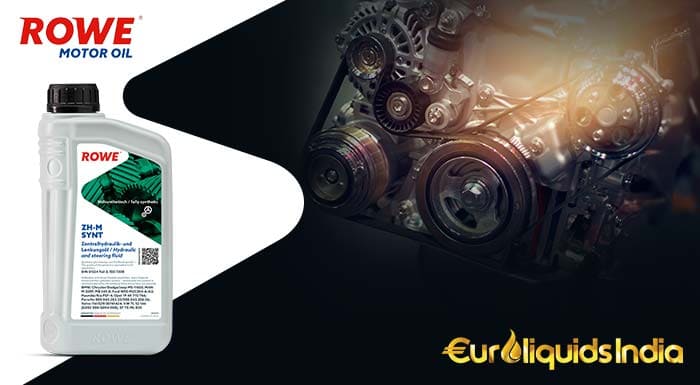How To Choose The Right Oil For Hydraulic Systems?
 21 Sep 2020
21 Sep 2020
In a hydraulic system, the most crucial component happens to be the hydraulic fluid. If you have to guarantee the highest efficiency and optimum performance for your hydraulic system, it is imperative that you choose the correct hydraulic fluid. Each fluid under consideration has its own characteristics i.e. optimum operating conditions, viscosity, anti-wear features, and so on.
When you consider a hydraulic system, the hydraulic fluid assumes great significance. This is because the hydraulic fluid will have a far-reaching influence on performance parameters like heat dissipation, power transmission, contamination, lubrication, debris transportation, as well as sludge formation. In order to choose the best hydraulic fluid, you need to consider the requirements of the system as well as operating conditions. Additionally, you also have to take into account safety, environmental conditions, and the regulations that govern the hydraulic system’s performance.
How do hydraulic oils govern the performance of the system?
When the hydraulic system is in operation, the components of the system and the fluid blend as one, and together they will define the efficiency of the system as well as its lifespan.
If the fluid does not match the hydraulic system, the following problems occur;
- Decreased efficiency
- Dearth of lubrication
- Reduced lifespan of the components
- Sludge, varnish corrosion
- Generation of heat
None of the above situations are conducive to optimum performance of the system. Hence if you have to choose hydraulic oil, keep the following in mind.
Monograde v/s Multigrade
The operating temperature of the hydraulic system will dictate whether you need monograde or multigrade oil. If you have a system that needs to be operated during the freezing winters as well as tropical summers then you need multigrade oil in order to maintain the viscosity of the oil within limits that are optimal, as you are taking into account the wide temperature range.
If on the other hand, the hydraulic system has a quite narrow temperature range, then you will be able to employ monograde oil in maintaining the best fluid viscosity. Multigrade oils are costly, so if you have a narrow temperature range, go for monograde oils.
Hydraulic fluid’s viscosity
Though there are other fluid properties that have a bearing on the system’s performance, the viscosity of the hydraulic fluid is a key element. If the viscosity of the hydraulic fluid is low, the film of oil will be wafer-thin and will result in the metal to metal contact, leading to friction and wear and tear of the components. Fluids with low viscosity increase the chances of internal leakages leading to low volumetric efficiency.
If the fluid viscosity is too high, the system will encounter sluggish movements as well as reduced efficiency, mechanically speaking. It will in turn cause energy losses and generate an unnecessary amount of heat. High fluid viscosity also causes poor air release, cavitation, and insufficient lubrication.
Hence, taking the above points into consideration you should opt for central hydraulic oil manufactured by a central hydraulic oil company in India. EUROLIQUIDS is a proven master in manufacturing hydraulic oils that will live up to their name and ensure the best performance of your hydraulic system.